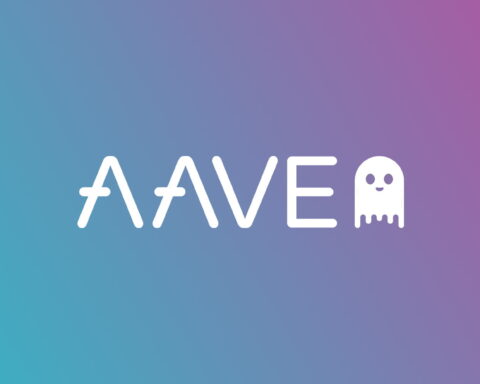President Donald Trump’s tariff strategy is creating turbulence across global supply chains — and at the same time, some of his administration officials are profiting from industries directly impacted by those very policies.
Recent disclosures show that top members of Trump’s team, including Commerce Secretary Howard Lutnick, have financial ties to Bitcoin and technology firms affected by tariff shifts.
Tariff delays and new measures
On Tuesday, the administration extended tariff relief on certain Chinese imports but confirmed new levies on over 400 products.
The list spans wind turbines, motorcycles, construction machinery, railcars and more.
While the tariffs are projected to generate billions in revenue, trade groups argue the measures are slowing growth and disrupting operations.
The National Foreign Trade Council (NFTC) warned the policies are “delaying growth, disrupting operations, and raising legal concerns among companies.”
Lutnick’s firm invests in Bitcoin
Filings with the Securities and Exchange Commission show Lutnick, via Cantor Fitzgerald, has been making significant investments in sectors exposed to Trump’s economic agenda.
On July 8, Lutnick received a federal waiver allowing him to engage in matters that could directly affect Cantor Fitzgerald.
That waiver has drawn scrutiny from watchdogs.
The firm has invested more than $120 million in Fidelity’s Wise Origin Bitcoin Fund and nearly $117 million in trading platform Robinhood, according to Quiver Quantitative.
It also holds stakes in Tesla, AMD and Alibaba.
Critics argue these holdings create a clear conflict of interest, given Lutnick’s influence over trade and commerce policy.
Bartlett Naylor of Public Citizen said: “When the Oxford English Dictionary next updates its conflict-of-interest definition, it’ll use Cantor Fitzgerald’s crypto ventures and the Lutnick connection as prime example.”
Other officials under scrutiny
David Sacks, Trump’s AI and crypto adviser, sold roughly $200 million in digital assets early in Trump’s second term to avoid conflict claims.
However, Sacks later received a similar waiver, allowing him to retain ties to firms seeking federal contracts.
In July, AI firm Vultron announced $22 million in funding from Sacks’ venture firm, Craft Ventures, noting its alignment with the administration’s AI strategy.
Trump has made AI development a national priority, unveiling an action plan in July that included support for semiconductor production.
Trade impacts on the economy
While Treasury Secretary Scott Bessent has described the tariff policy as “working pretty well,” industry voices remain skeptical.
The NFTC said the levies are raising raw material costs and threatening innovation in advanced manufacturing.
A Yale University Budget Lab study estimated that the tariffs will increase household costs by an average of $2,400 in 2025.
Everyday items are also being hit.
Wholesale vegetable prices were nearly 39% higher in July than a year earlier, while retailers like Home Depot report delayed home renovation projects due to tariff-driven material costs.
Despite the administration’s optimism, analysts say the long-term effects of the tariffs remain uncertain.
For now, one thing is clear: while businesses and consumers bear rising costs, some within Trump’s circle appear well-positioned to benefit.




